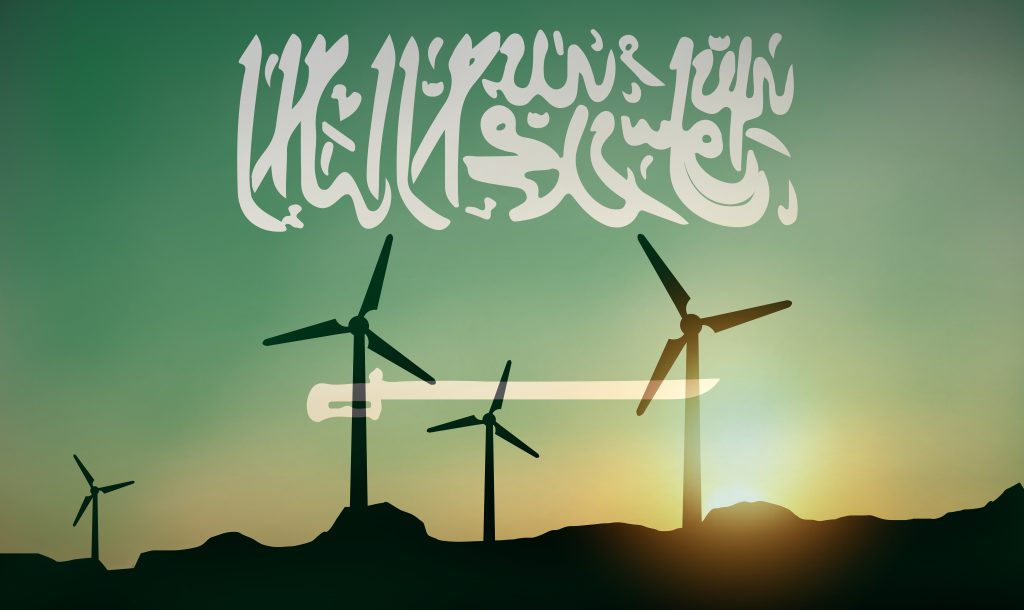Analysis of Renewable Energy Investment in Saudi Arabia
This study presents a novel approach to evaluating renewable energy investments in Saudi Arabia using a hybrid framework. By integrating Leontief and fuzzy group decision support models, it combines expert insights with statistical data to assess investment scenarios.
Key Highlights:
- A unique framework is introduced for analyzing Saudi renewable investments.
- The approach incorporates both quantitative and qualitative data.
- Robustness of the framework is tested through sensitivity analysis.
Study Overview
This research explores future scenarios for renewable energy investments, focusing on optimal selection criteria. The hybrid framework utilizes macroeconomic assumptions, historical data, and expert judgments. It also addresses uncertainties in investment directions using Intuitionistic Fuzzy Set theory.
The application in Saudi Arabia involved three phases:
- Using Leontief’s input-output model, three scenarios for 2030 were proposed: a base scenario with 112 billion Saudi Riyals, and two alternatives with 75 billion and 25 billion Saudi Riyals.
- Five decision criteria were identified: Economic, Environmental, Social, Public preferences, and Risk.
- A Fuzzy Group Decision Support model ranked the scenarios, favoring the base and alternative scenario 1, while alternative scenario 2 was less preferred.
The study’s findings were verified through sensitivity analysis, confirming the robustness of the preferred investment scenarios.
Keywords: Renewable Energy Investments, Leontief’s input-output model, IFS, VIKOR method, Multiple-Criteria Group Decision-Making (MCGDM)
Data supporting this study can be requested from the authors.
